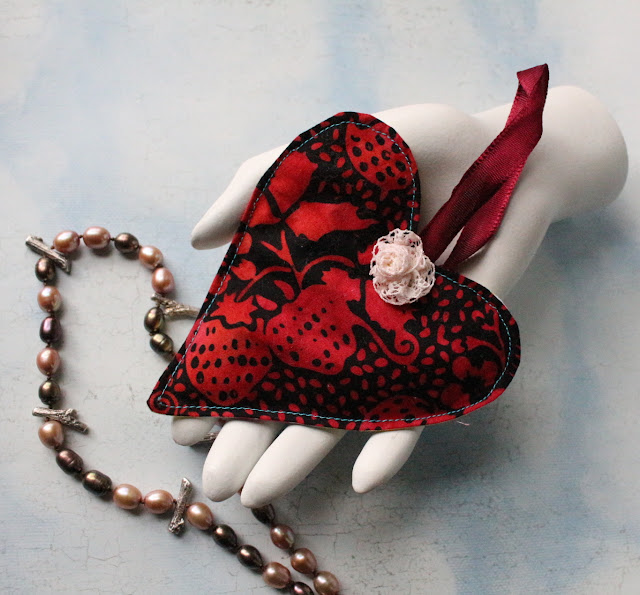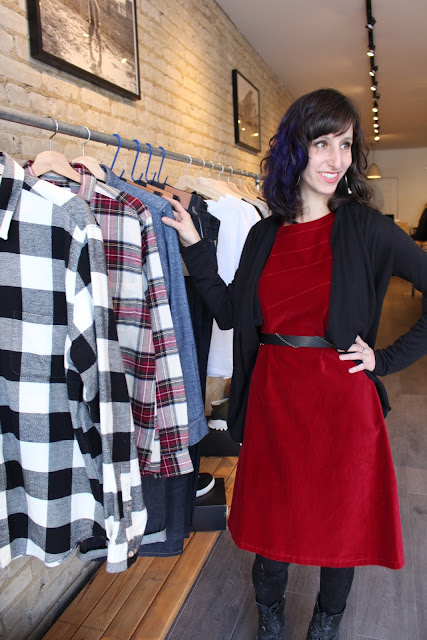Freedom Clothing Collective is dedicated to celebrating independent Canadian design. With dozens of makers in stock we thought it was best for you to get to know them a bit better! Every other week we'll be profiling a different designer on our blog so you can know a little bit more of the who, what, where and why of Canadian style.
Montreal's Ramonalisa perfectly encapsulates Freedom Clothing Collectives approach to fashion and design. Canadian made and eco friendly, Lisa Bobrow's line of dresses and tops are some of our most comfortable and fabulous pieces in the shop. In fact her spring dresses have just arrived and they are swoon worthy and she is this week's special of the week! Her spring and winter pieces are available at the store but if you can't make it in person you can always place an order at our new online store!
We got in touch with Lisa of Ramonalisa to talk; inspiration, fashion ethics, and what it's like to be a Canadian designer.
When did you start making clothes?
I learned how to sew when I was 15. I loved the feeling of power that came with being able to create my own style, a la Molly Ringwald of Pretty in Pink! Many years later in 2008, I made a few pieces for a local shop on consignment. They sold right away so I decided to keep going and the rest is history!
What compelled you to make eco-friendly clothes?
When I first created my clothing line, the most important thing for me was to offer an alternative to sweatshop-made clothing. Montreal has a long history of garment manufacturing but in the past 10 years most of it has moved overseas. I saw an opportunity to draw from the past and build a new kind of future for fashion, one that is based in creativity and sustainability rather than large-scale industry. A few years in, I began to learn about the process of fabric production through friends and colleagues. The more research I did, the more I understood that while fair labour practices are a must, for clothing to be truly ethical it has to extend also to the choice of sustainable fabrics. From disease caused by pesticides to pollution of waterways and everything in between, it's clear that was best for the earth is also best for all people.












